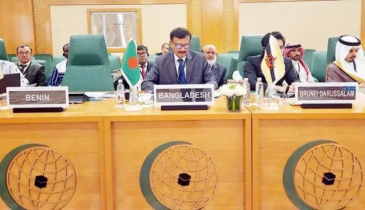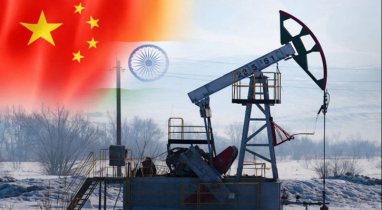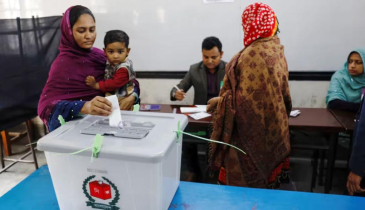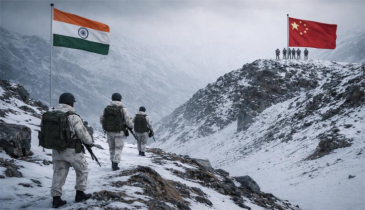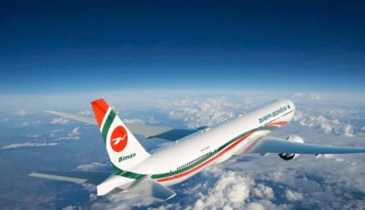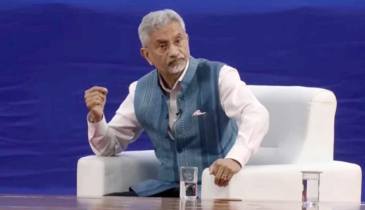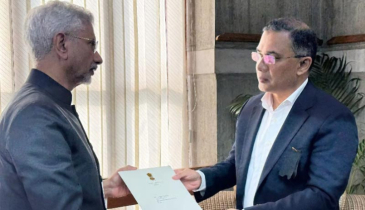India says no one forced to buy refined Russian oil
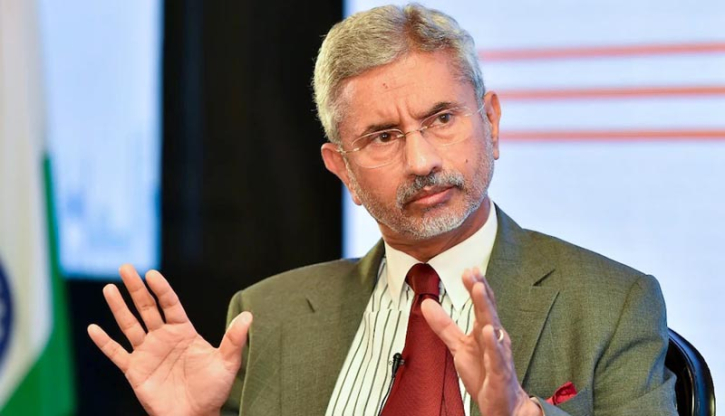
India has strongly defended its purchase and resale of Russian oil, pushing back against Western criticism, even as Washington signaled a tougher trade line by naming a new ambassador to New Delhi.
Speaking at a public event in New Delhi on Saturday, External Affairs Minister Subrahmanyam Jaishankar dismissed questions over India’s energy imports, saying the country has every right to pursue its economic interests.
“It’s amusing when people who represent a pro-business American administration accuse others of doing business,” Jaishankar said. “If anyone has a problem buying refined products from India, the choice is simple—don’t buy them. Nobody forces you to buy. Europe buys, America buys and so do many others.”
India has emerged as one of the largest buyers of Russian crude since the Ukraine war began, often refining it into fuel and exporting it to Western markets. Bilateral trade between New Delhi and Moscow reached a record $68.7 billion in 2023, with India importing nearly 88 million tons of Russian oil during that period. Analysts say this trade has given India access to discounted energy while allowing Russia to maintain vital revenues despite Western sanctions.
On the same day, US President Donald Trump announced Sergio Gor as the next ambassador to India and his special envoy for South and Central Asian Affairs. Gor, a long-time Republican strategist and close Trump ally, will continue serving as director of presidential personnel until confirmed by the Senate. Trump praised Gor’s loyalty, noting he had overseen the hiring of nearly 4,000 federal officials aligned with the “America First” agenda.
“For the most populous region in the world, I need someone I fully trust to deliver on my vision and help us Make America Great Again,” Trump wrote on Truth Social. “Sergio will be a tremendous ambassador.”
The appointment comes at a delicate time in bilateral relations. Washington recently slapped a 50% tariff on select Indian exports, linking the move to its efforts to pressure Russia over the Ukraine conflict. The tariff hike has added to existing disputes between the two countries over digital services taxes, agricultural subsidies, and India’s import restrictions.
Jaishankar acknowledged that trade talks with Washington are ongoing but underscored India’s “red lines,” stressing that the protection of Indian farmers and small producers would remain non-negotiable.
Adding to trade uncertainty, India Post announced a suspension of outbound postal articles to the US starting Monday, except for letters, documents, and gift parcels valued under $100. The move is widely seen as linked to Washington’s plan to scrap the de minimis exemption this week, which currently allows parcels worth up to $800 to enter the US tariff-free. Once removed, Indian exporters fear a sharp rise in shipping costs and customs delays.
.png)



